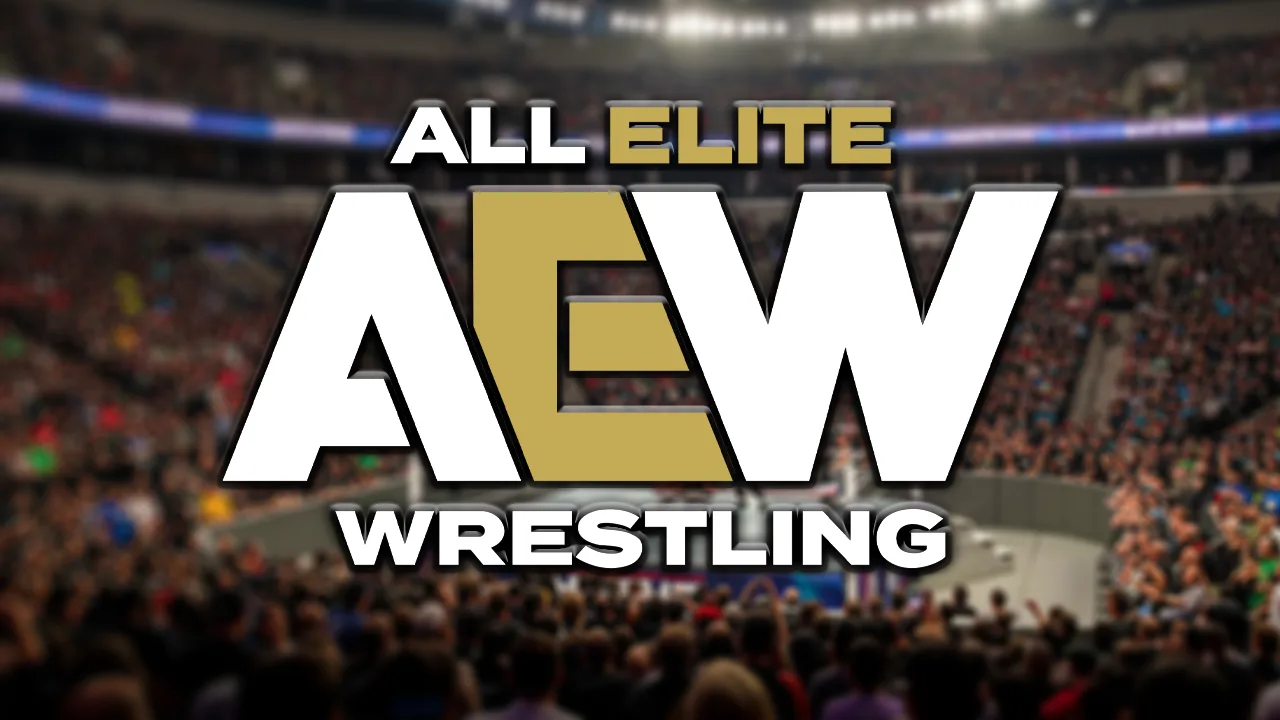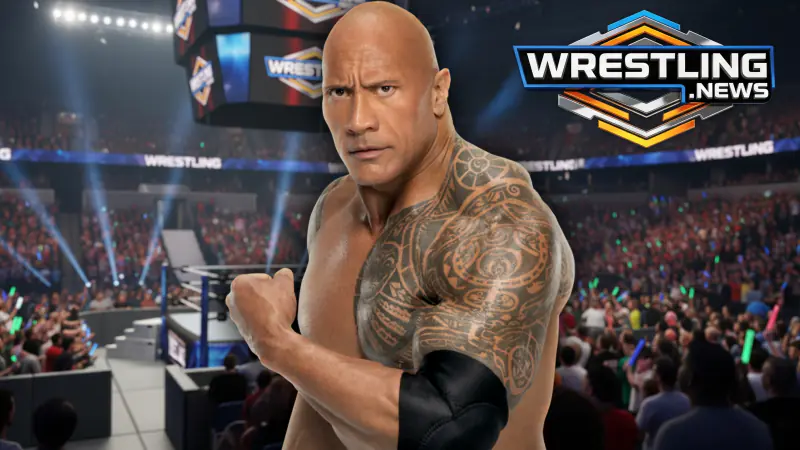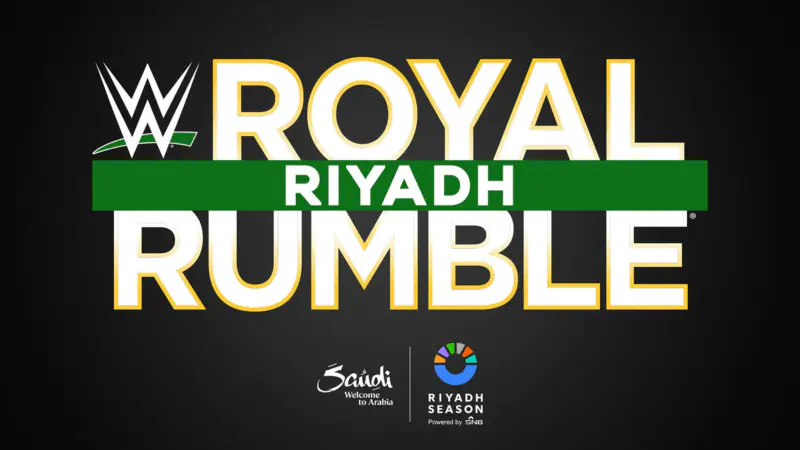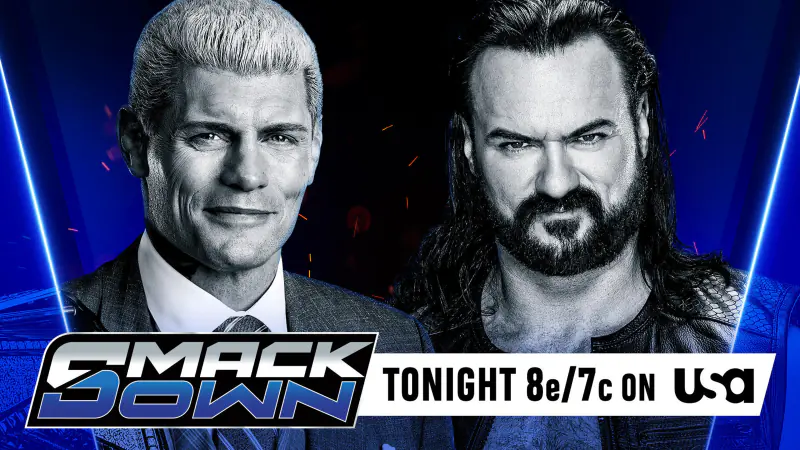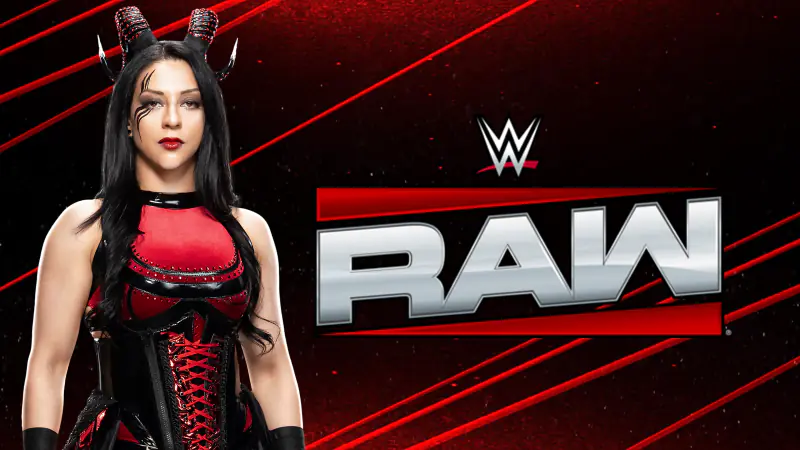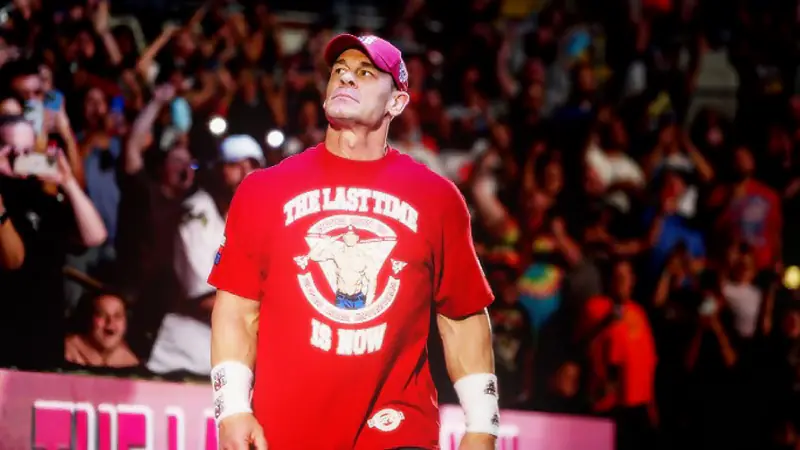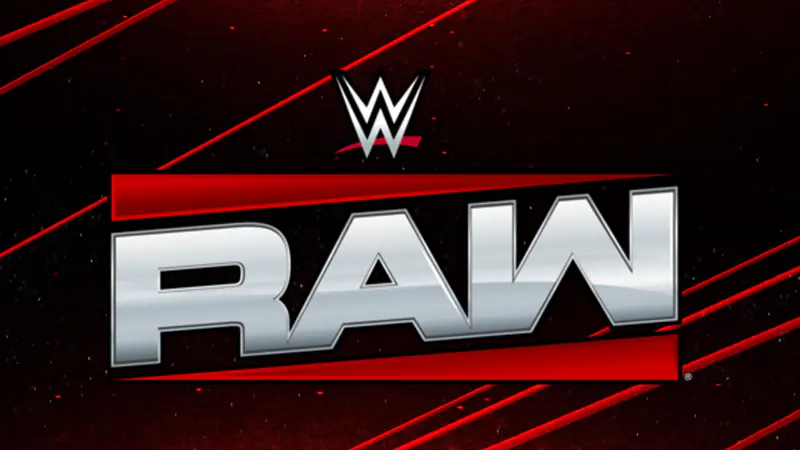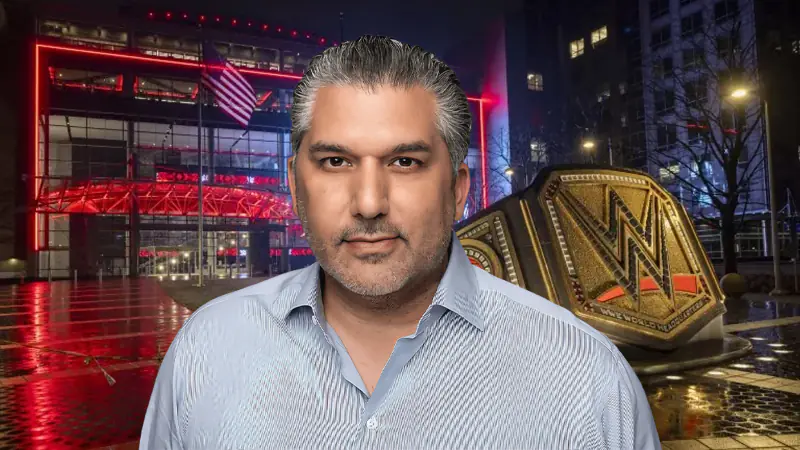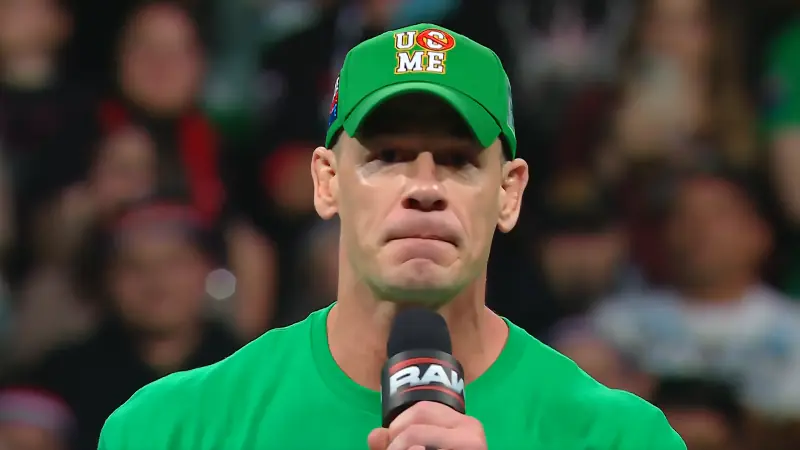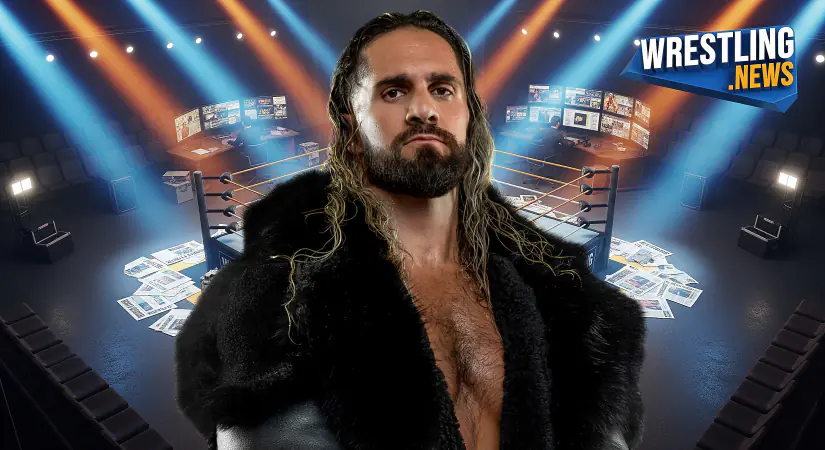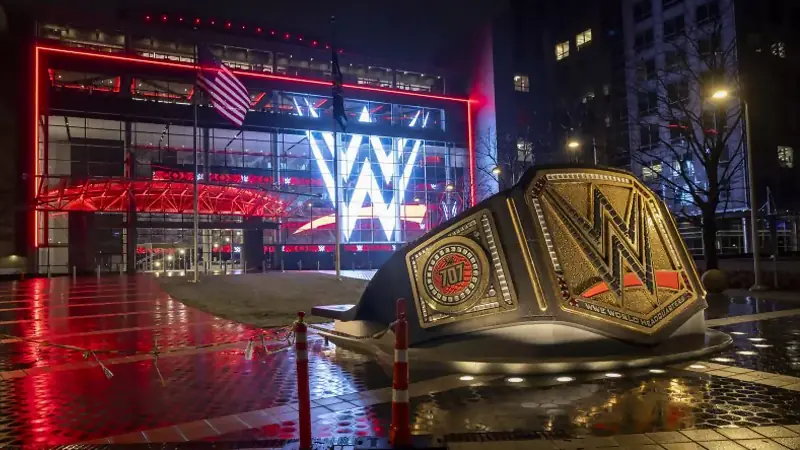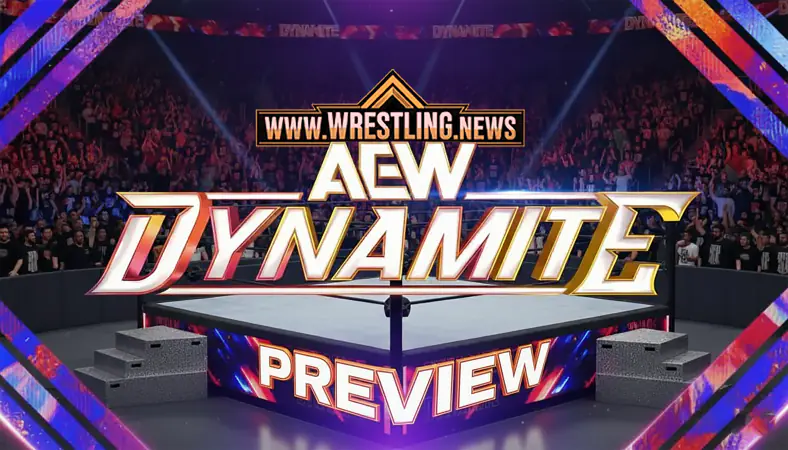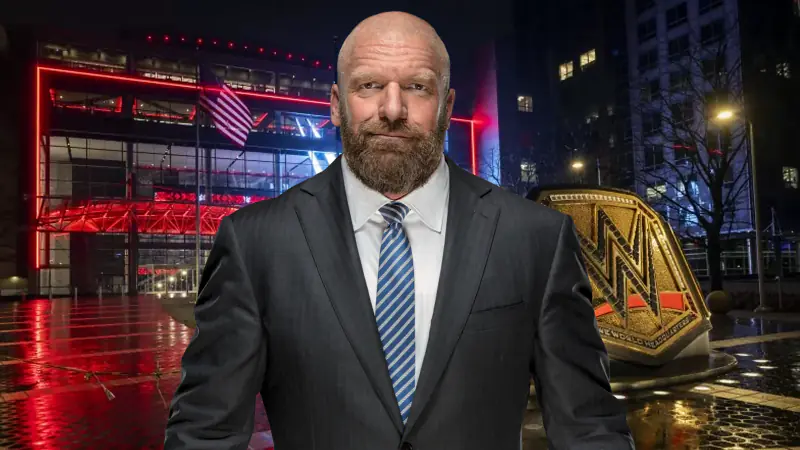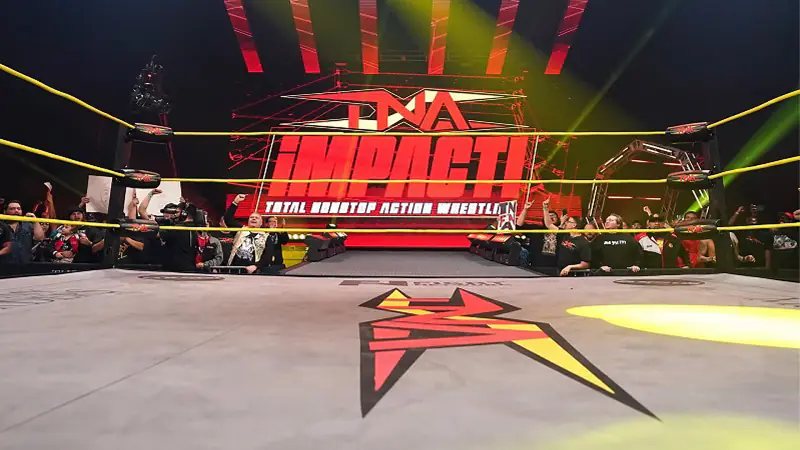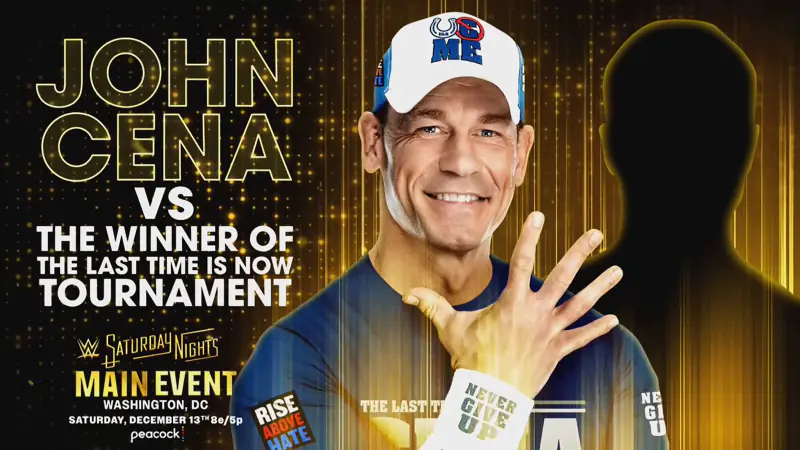WWE Hall of Famer's “I’ve Got His Back” Comment on Raja Jackson Sparks Outrage
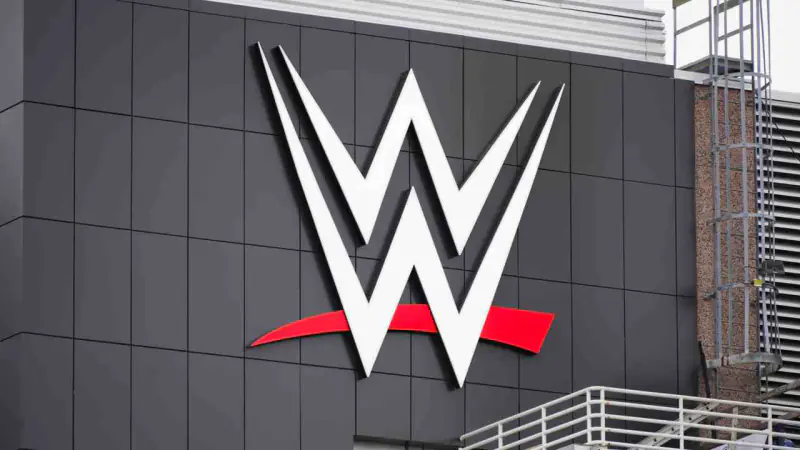
After “Syko Stu” Smith was brutally attacked at a KnokX Pro event, a Hall of Famer’s social media post saying he has Raja Jackson’s back drew heavy backlash—then a muddled podcast “clarification” that only raised more questions.
A violent incident at a KnokX Pro Wrestling event in California left independent wrestler Stuart “Syko Stu” Smith hospitalized and the industry reeling. Video shows Raja Jackson—son of MMA great Quinton “Rampage” Jackson—entering the ring during another bout, slamming Smith, and delivering a flurry of strikes before being pulled off. Smith was treated for severe injuries and, per friends and colleagues, faced a difficult immediate recovery.
In the days that followed, condemnation was near-universal—except for one headline-making post from a WWE Hall of Famer, who wrote that he “has Raja’s back.” The message was heavily ratioed on X, drawing thousands of critical replies and a fraction of the support.
On Monday, the legend attempted to clarify on his podcast: wishing Smith well, insisting he wasn’t “picking a side,” yet maintaining he understood the “pathway” that led to Raja’s actions. The explanation landed poorly. To fans, wrestlers, and promoters alike, saying you “have someone’s back” in the immediate aftermath of a violent assault isn’t neutral—it’s a position.
“I’ve got his back” isn’t neutral—here’s what that actually means
- What it signals publicly: Support/defense/loyalty—especially in a tough moment. In plain language, you are taking someone’s side.
- Why that matters here: Using that phrase about a person alleged to have committed a serious assault reads as backing the aggressor, not the injured worker. That’s the opposite of the message the industry needs right now.
- Legal line (simple terms, not legal advice): Speech alone isn’t a crime; actions that help someone evade accountability can be. Accessory-after-the-fact and aiding/abetting require conduct—not just commentary. But the ethical line for public figures is higher than “not illegal.”
So far, I got Raja’s back. Looking forward to talking about it tomorrow on my podcast. 🤘
— Rob Van Dam (@TherealRVD) August 25, 2025
Why the Comment Hit a Nerve
Pro wrestling operates on trust. Performers quite literally place their safety in each other’s hands. That’s why bringing a non-trained participant into an in-ring physical spot—and especially condoning a real attack—violates the bedrock of the business. In that context, a Hall of Famer appearing to side with the aggressor read as tone-deaf at best and irresponsible at worst.
The podcast walk-back further muddied things. You can wish the victim well and still make clear, unambiguous condemnation of what happened. Instead, the “not taking sides” framing—while simultaneously saying “I’ve got his back”—came off contradictory. Fans noticed.
Community & Industry Response
- Wrestlers and fans flooded social feeds, urging prominent voices to speak plainly: what happened to Smith was unacceptable, most already have.
- Some called for promotions to rethink bookings for anyone who equivocates about real violence in a working environment.
- Others emphasized the need for tighter protocols at schools and indies: no ring involvement for non-trained participants, clear agenting, and emergency response plans.
Where Things Stand
- Law enforcement is investigating the incident.
- Smith’s recovery will take time; friends have circulated a verified fundraiser to help with medical costs.
- KnokX Pro’s relationship status with outside partners has been the subject of intense scrutiny since the event. According to several sources WWE has paused or terminated its affiliation, more to come regarding that in future reports.
Read more: Doug Malo, Man Who Stopped Attack of Syko Stu Speaks Out
🗣️ Wrestling.news | Backstage Take
- This is a line-in-the-sand moment for indie safety. Multiple veterans tell us they expect immediate changes: tighter credentialing around gorilla and ringside, no non-workers in physical angles, clearer agenting, and real-time authority to stop a segment the second it turns non-working.
- On the Hall of Famer’s comments: When real harm happens, influential voices have two jobs—condemn the violence and support the injured worker—then call for due process. Saying you “have someone’s back” while claiming you’re “not taking sides” is not neutral; it’s a mixed message that normalizes the unacceptable.
- About the “can” and the timeline: Yes, the can smash was wrong. It was also followed by apologies and time passing. Nothing about that sequence justifies a later, prolonged beatdown. Rob Van Dam stated how would we feel if Raja responded immediately and punched Syko Stu (which is an irrelevant question he blind sided him 3-4 hours later) then Rob, "smart guy" that would be what is called a "fair fight" and Stu could have defended himself. Instead Raja decided to accept his apology and the situation was believed to be put to rest.
- Alcohol around the show: If alcohol is anywhere near the floor, gorilla, or talent during a card, that’s a promotion failure. Full stop. Safety protocol > party vibe.
- The trust of the work: Wrestlers hand each other their bodies. That trust is sacred. Turning a “work” into a real assault shatters the compact the entire craft relies on.
What the response should have been
- Unqualified support for Syko Stu’s recovery.
- Clear condemnation of non-worked violence at a show.
- Call for facts & due process—without hedging or word games.
Anything less from high-profile voices undercuts locker-room safety and sends the worst possible message to small rooms that already operate on thin margins and thinner protocols.
Bottom line: Words matter. When the “work/shoot” line is crossed and a performer ends up in critical care, the only responsible stance is crystal-clear.
Reprints and excerpts are welcome with attribution to Randy Marston, Wrestling.news and a link back to this original article.
RVD's Full Podcast Below 👇


